A Critical Analysis Of Greenhouses Through History
// KEY ARGUMENT
The advent of the Anthropocene can be viewed as an event, a turning or tipping point of no return that because of its radical novelty, signifies something that has never happened before. This event leaves us somewhat bereft of relevant analogues, historical equivalents, symbols, narratives or metaphors.
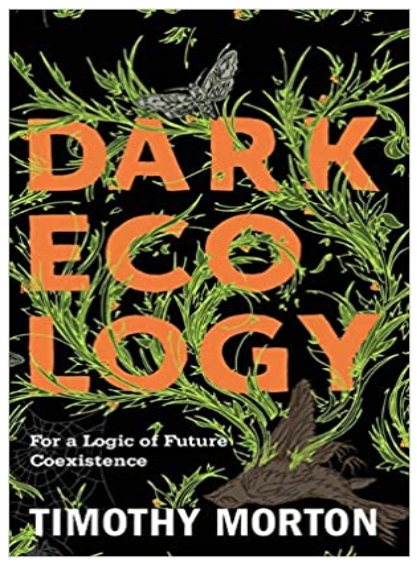
// CONTEXT
The 21st century has brought about a new understanding of nature. We now live in a world where the idea of nature is highly synthetic. We celebrate the ‘age of human’ as the achievement of the cornucopian dream to create and recreate the planet according to our wishes. The ‘bios’ here, is seen as something ‘artefactual’ and ‘technical’ which can be manipulated, managed and crafted to our ends.
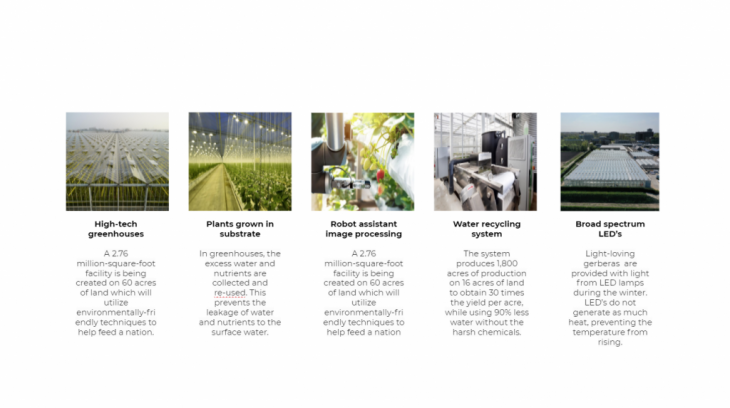
// KEY QUESTION
Are greenhouses really ‘green’?
There has been a paradoxical shift in our understanding of nature and the way we perceive greenhouses. An introspection into the natural quality of greenhouses has led it to decrease it’s perceived ‘green-ness’. We must acknowledge the form taken by the mastery of nature’s narrative which is new, subtle, and insidious , this post-nature narrative seeks to overcome the fake distinctions inherent in modern society, such as the one between nature and culture, but eventually overcomes the dualist ontology to become a techno-nature monism of nature to a scientific and technological byproduct of society.
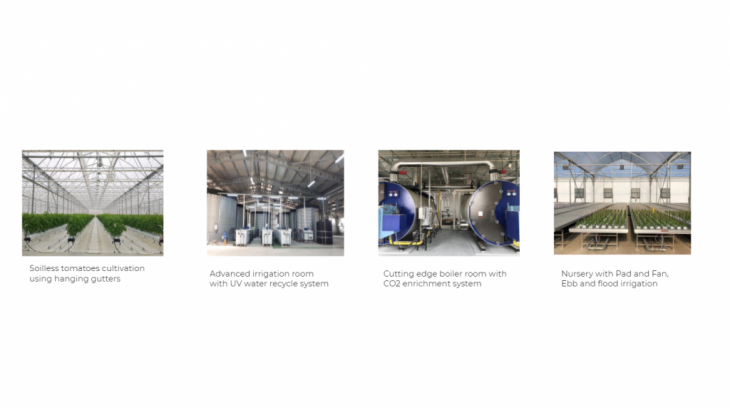
// CATALOGUE
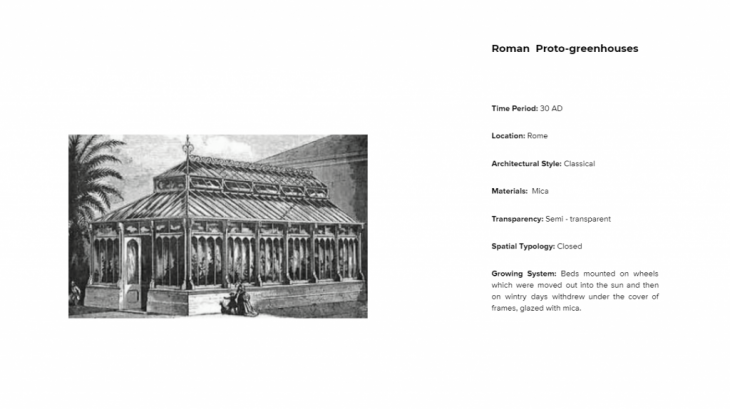
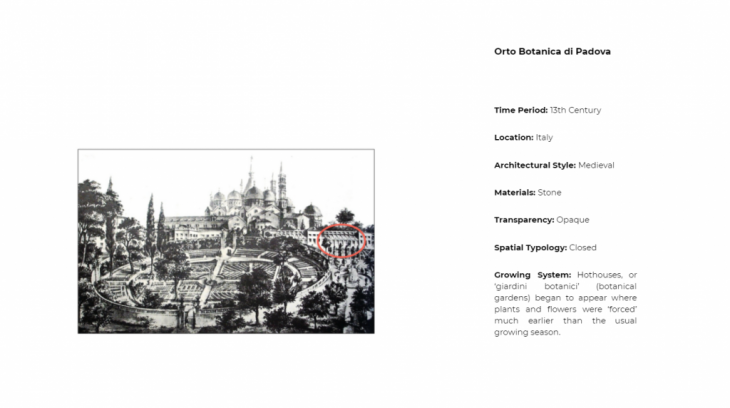
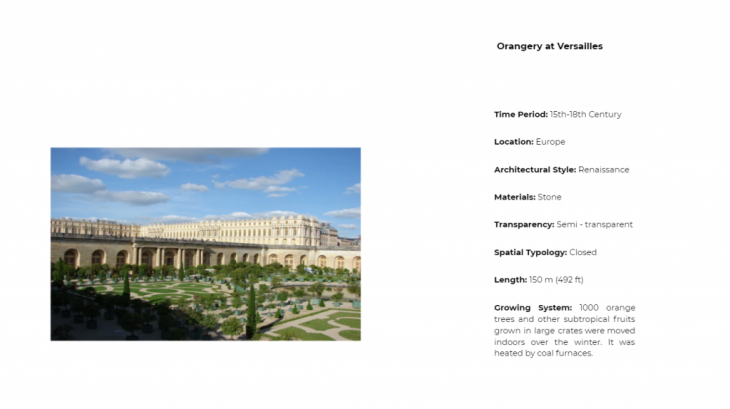
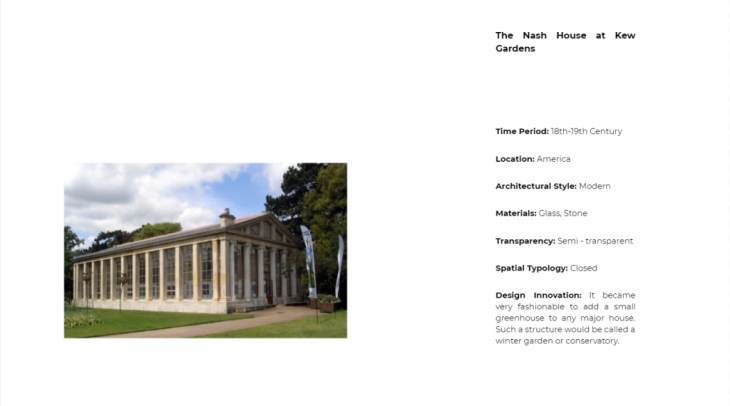
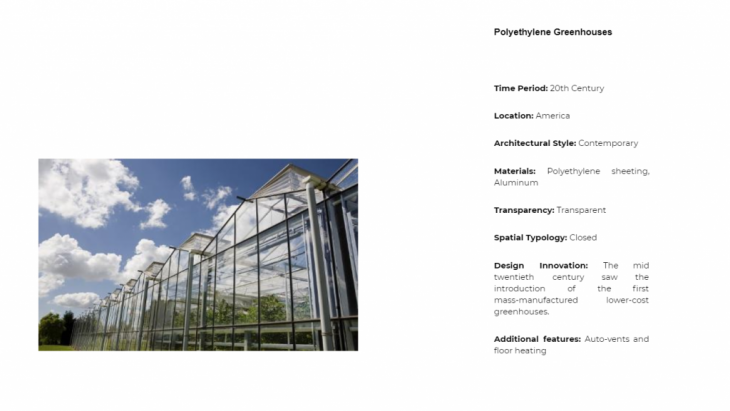
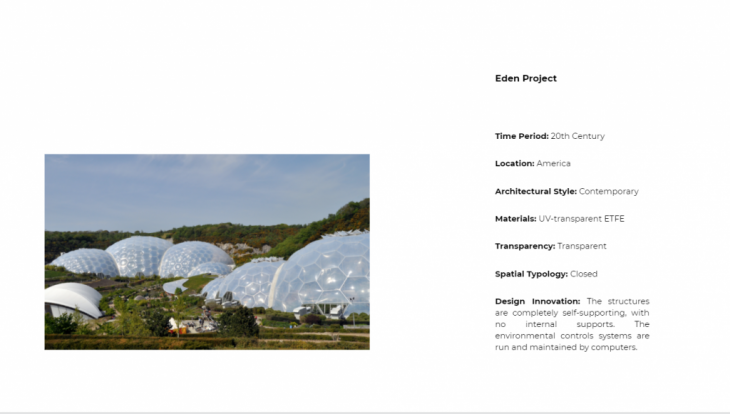
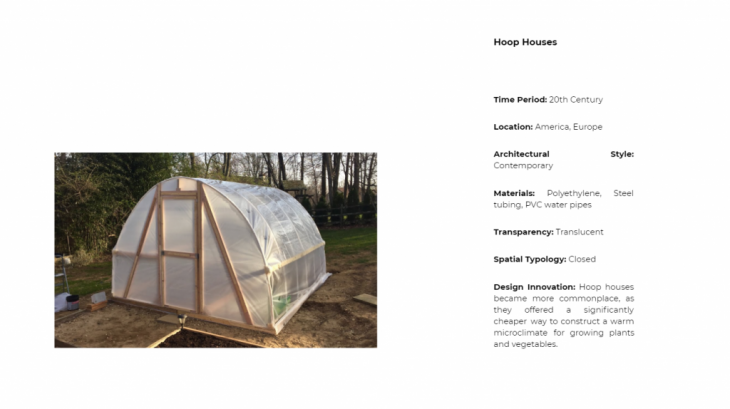
// ARCHITECTURAL EVOLUTION
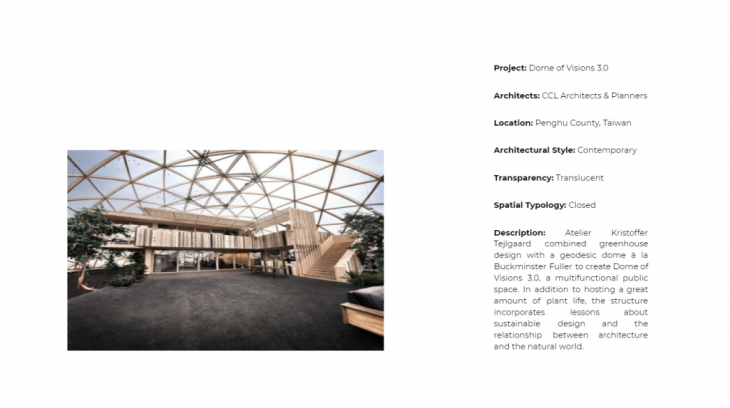
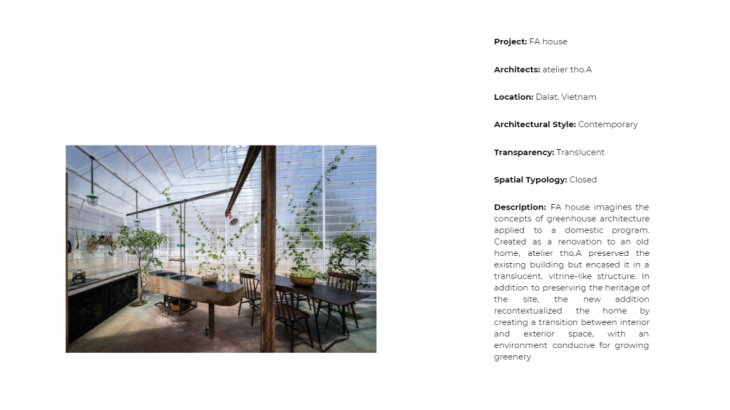
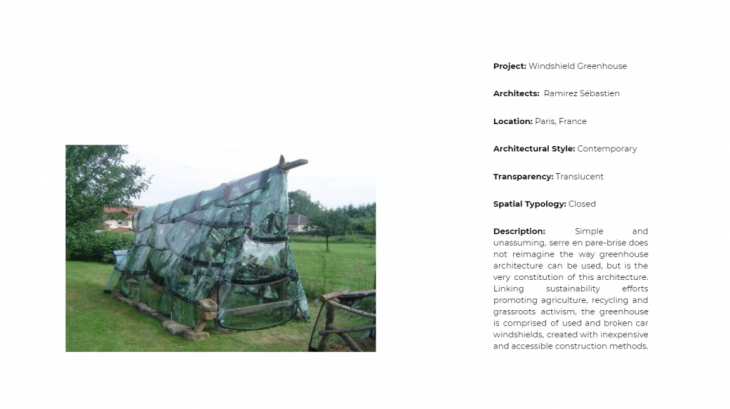
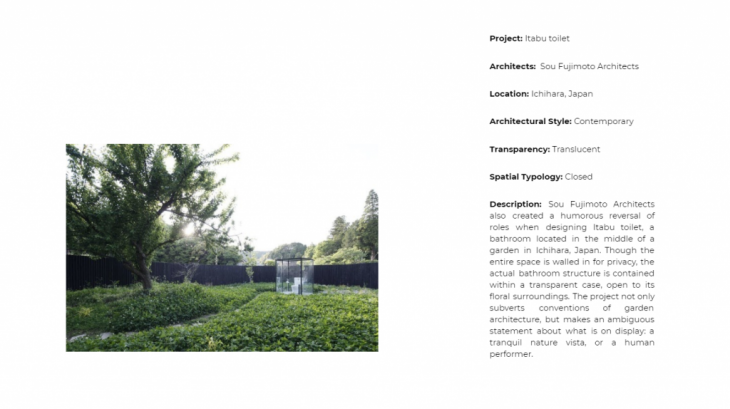
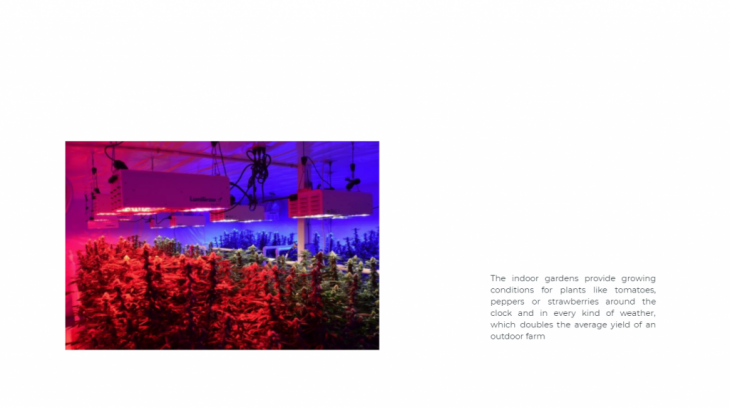
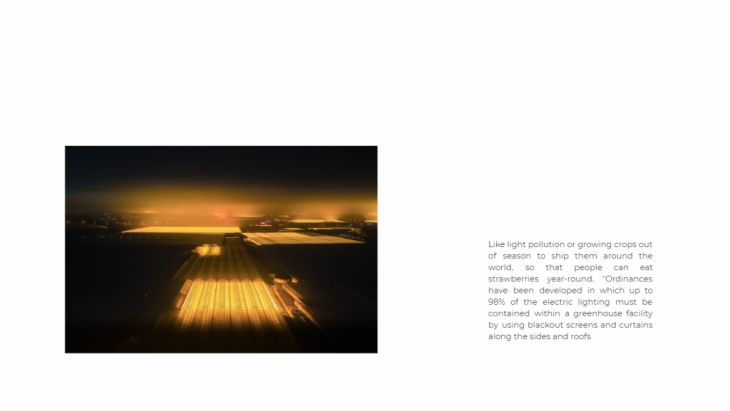
// CONCLUSION
The novelty and ‘originality’ of eco-modernism compared with the former tenets of ecological modernization is the alliance it promotes between green capitalism and postmodern resources on the ‘end of nature.’ Eco-modernism works itself like a self-fulfilling prophecy. The more nature is destroyed or threatened, the more humans become dependent upon technology to survive.
The option which is then given to us is not anymore to master nature, but rather, to master our relationships with nature. Focusing not only on the way we socially construct our natural environment but also on the way our societies are materially mediated through their physical conditions.
Beyond the Greenhouse is a project of IAAC, Institute for Advanced Architecture of Catalonia developed in the Master in Advanced Architecture 2019/21 by:
Students: Deepika Raghu and Sneha Vivek
Faculty: Jordi Vivaldi & Manuel Gausa